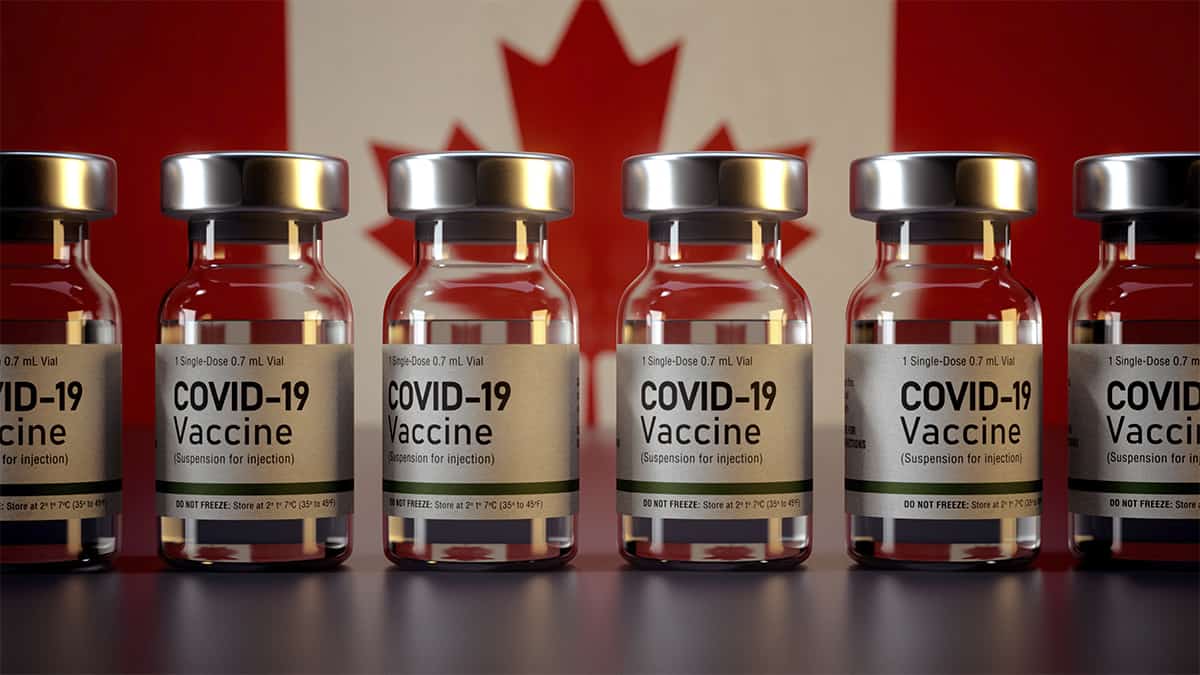As the region continues to lead the province in new daily COVID-19 cases, health officials advise residents to stay the course in staying home.
At midweek, Waterloo region had 318 active cases, down 39 in the past 24 hours, with outbreaks in 21 locations.
Medical officer of health Dr. Hsiu-Li Wang maintains that residents must “stay the course” as the region is held back in stage 1 of the province’s reopening plan.
“The next couple weeks are critical, thank you to our community for stepping up together to get through this,” said Wang at the weekly pandemic briefing. “This is a strategic decision, to provide us the best chance to reopen and stay open.”
With the Delta variant on the rise, health officials are concerned about its ability to spread. To date, Delta has shown itself to be the leading variant in community spread, it’s efficiency in multiplying far exceeds any other variant health officials have encountered.
“The Delta variant is the greatest adversary our community has faced during this pandemic. It is the most transmissible and aggressive variant that we have experienced,” said Wang. “Without public health measures and vaccination to control spread, on average Delta goes from one person to six, to 36, to 216, to 1,296 very quickly. This is how aggressive Delta is.”
Frontline healthcare workers are also feeling the brunt of this increase in hospitalizations and case counts. Ron Gagnon, CEO of Grand River Hospital, has noted his staff are feeling the toll of the protracted pandemic.
“Frontline staff are tired. We are seeing more people now taking leaves of absence,” said Gagnon, noting he supports the delayed reopening of the region. “The strategic delay in moving our region to the next level is something that we would embrace and support wholeheartedly, because of the ultimate aim of reopening and staying open.”
There is light at the end of the tunnel for residents, however, say health officials, who note that, depending on vaccination rates, there is still a chance to enjoy a stage 2 summer. Over the weekend more than a thousand people received either their first or second dose at a drive-through vaccination clinic held at Bingemans in Kitchener.
“The Region of Waterloo is finding new and creative ways to get as many people vaccinated as quickly as possible in our community. More than a thousand people received their vaccine today without even having to leave their vehicle,” said Vickie Murray, operations lead of the region’s COVID-19 vaccine distribution task force. “The rollout is accelerating and becoming even easier for people to get their vaccine. With the help of valued community partners like Bingemans, we’ll continue to get even more vaccines into arms.”
Some 80 per cent of Waterloo Region adults have received at least one dose, and 40 per cent of adults have received two doses. Wang’s advice has been clear: vaccination is the best way to defend against the virus and its variants.
“As we continue to make it easier for residents to get vaccinated, we are building a stronger wall of defence against the Delta variant,” said Wang. “Delta continues to mostly impact those who are unvaccinated. Get your vaccine and encourage others to do the same.”
It’s a different picture in neighbouring Wellington-Dufferin-Guelph, where there were just 55 active case at midweek, down from 65 a week earlier.
That catchment area’s cumulative total was 8,194, of which 8,014 (97.8 per cent) have been resolved. There have been a total of 125 fatalities since the pandemic began, unchanged from last week’s report.
The province continues to see growth in the total number of cases, though at a much slower pace, with the tally now at 546,212, up some 1,500 in the past week.
There have been 9,224 deaths attributed to the virus – up 70 in the past week – representing a mortality rate of 1.7 per cent. The ministry reports 535,110 cases (98 per cent) have been resolved.
The latest numbers from Health Canada show 5,500 active cases nationwide, down almost 2,000 from a week earlier. The cumulative total of confirmed cases now stands at 1,418,080, with 26,381 related deaths , a mortality rate of 1.8 per cent.









